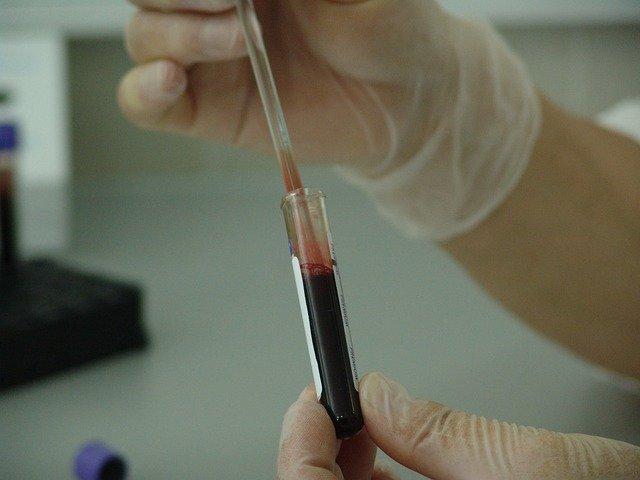A highly infectious disease similar to Ebola, called the Marburg virus, has been confirmed in Ghana.
The first two cases tested positive on July 10. They were confirmed by a lab in Senegal, according to the World Health Organization (WHO).
A 26-year-old male was admitted to a hospital on June 26 and died on June 27. A 51-year-old male came to the hospital on June 28 and died that same day. Both patients were treated at the same hospital.
“Further testing at the Institute Pasteur in Dakar, Senegal has corroborated the results,” Ghana Health Service (GHS) said in a statement.
The two Ghanaian patients experienced diarrhea, fever, nausea and vomiting, before they died in the hospital.
Illness begins suddenly, with high fever, severe headache and malaise. Within a week, if they survive, many patients develop severe haemorrhagic signs.
More than 90 contacts of the infected, including medical personnel, family and community members, have been quarantined and are being monitored. So far, none of them have shown any symptoms.
This is the second outbreak of the Marburg virus in the area. The first case was in Guinea last year, but the virus did not spread.
“(Ghanaian) health authorities have responded swiftly, getting a head start preparing for a possible outbreak. This is good because without immediate and decisive action, Marburg can easily get out of hand,” said Matshidiso Moeti, WHO Regional Director for Africa.
There have been several major outbreaks of the virus over the past 50 years, mostly in southern and eastern Africa.
Previous outbreaks and isolated cases of Marburg in Africa have been reported in Angola, the Democratic Republic of the Congo, Kenya, South Africa and Uganda. High-risk countries are on alert and are being monitored by the WHO.
Death rates in the past have been high, between 24-88%, depending on multiple factors, such as the virus strain and the clinical management of cases.
The virus is spread via bodily fluids between people, as well as surfaces and objects. It originates from fruit bats and transfers to humans.
According to the WHO website, although there are no approved vaccines or antiviral treatments to treat the virus, supportive care, such as hydration with oral or intravenous fluids, and symptom treatment can improve survival. Potential treatments are being studied in clinical trials.
Will this be the next world pandemic or can it be contained?

